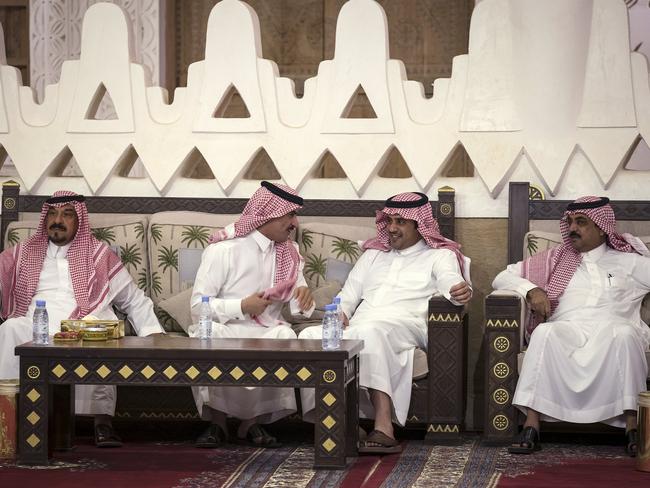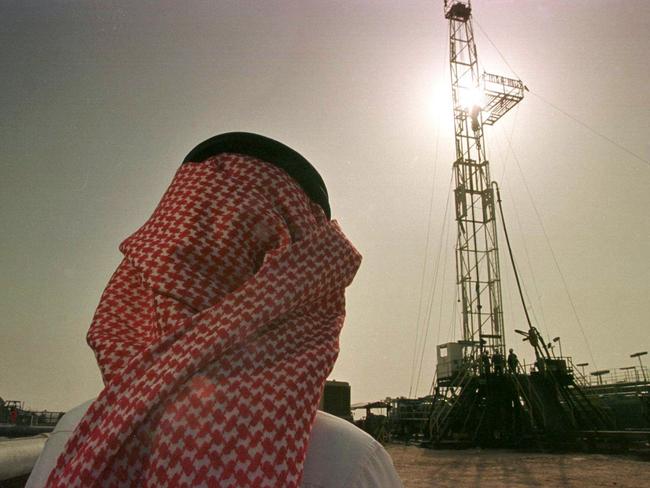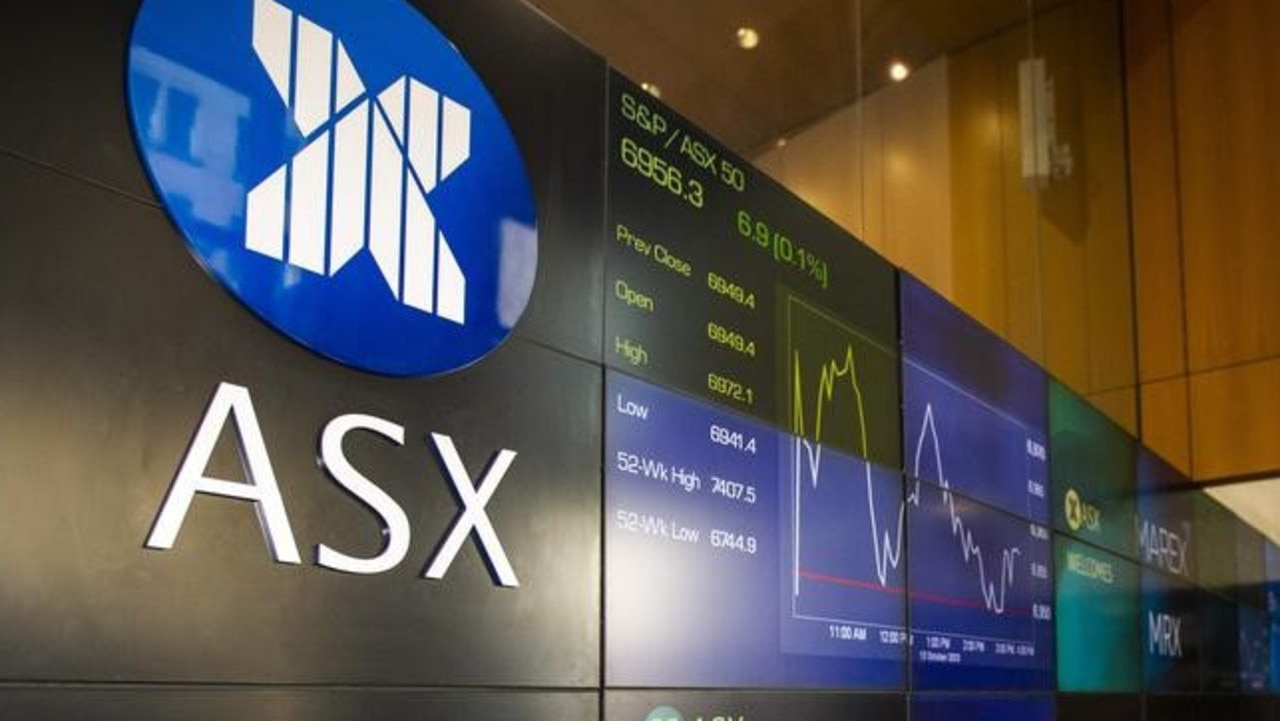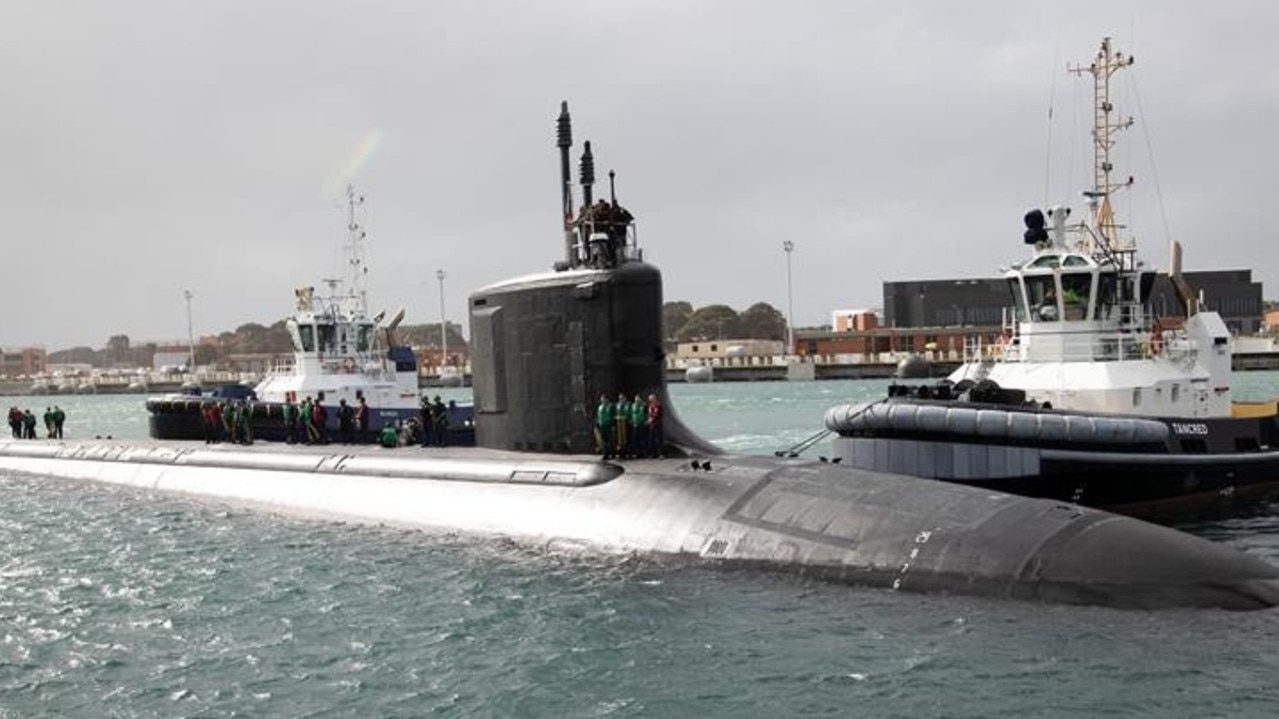IMF predicts Saudi Arabia’s cash reserves will deplete in five years
THIS desert empire relies on its immense oil wealth to keep it among the richest in the world. But that could all be about to evaporate.

WATCHING your bank account dwindle by $930 billion in five years is a scary prospect. But that’s the reality facing one of the world’s richest countries, which could run out of cash by 2020.
If the government continues spending at current levels, without taking into account the collapsing value of oil, Saudi Arabia will be in real trouble.
A report released by the International Monetary Fund this week contains a dire warning for the gulf kingdom — that if oil prices remain at their current lows, the country will run out of cash very quickly.
For decades the petro-state, which is home to 28 million people, has relied on its huge oil reserves to fill the state coffers but that luxury might be coming to an end earlier than anticipated.
The IMF’s Regional Economic Outlook report for the Middle East and Central Asia said “low oil prices will wipe out an estimated $US360 billion from the region this year alone.”
The current price of oil is $US50 a barrel. That figure has plunged by more than half from peaks above $US100 a barrel in June last year due to slackening demand in the global economy, record production, and a strong US dollar.
According to the IMF estimates, Saudi Arabia needs to sell oil at around $US106 a barrel to balance its budget. The state doesn’t have enough of a fiscal buffer to sustain the dramatically lower price.
Saudi Arabia’s treasure chest of cash reserves is still ginormous at about $US662 billion ($A913 billion) but it’s shrinking fast.
But the Saudis themselves know oil trouble is brewing and appear to be preparing.
Reports of a siganalling shift away from domestic reliance on the ‘black gold’ include recent investment in solar power by the government and state-owned Saudi Aramco, the world’s biggest oil company.
This could also have implications for citizens themselves, who can reportedly buy petrol for less than 20 cents a litre, and who pay such a low sum for fossil fuel-based electricity that many of them leave their air-conditioners running even while they go away on holiday.

Along with the US and Russia, Saudi Arabia is the world’s biggest oil producer and the largest exporter in the Organisation of the Petroleum Exporting Countries (OPEC), and thus the de facto leader of the group.
Of Saudi Arabia’s export earnings, 90 per cent come from the petroleum sector. While the country’s vast oil wealth has kept its ruling elite in extreme decadence, the country also relies on its reserves to help finance its public spending. Already it has spent more than $US70 billion of these reserves since oil prices began falling last year.
The country is expected to have a budget deficit of 21.6 per cent of GDP this year, dropping slightly to a deficit of 19.4 per cent in 2016. This stands in stark contrast to a budget deficit which represented 3.4 per cent of GDP last year.
While Saudi Arabia looks to be most vulnerable to the low price, countries such a Bahrain and Oman also require a much higher oil price to maintain their cash reserves. “Oil exporters will need to adjust their spending and revenue policies to ensure fiscal sustainability,” the IMF report said.
However countries like Kuwait, Qatar and the United Arab Emirates could weather the storm of lower prices for over a decade as they have a much lower dependence of oil and a lower break even point on their exports.
Saudi breakeven oil price at $106, will run out of cash in less than 5y at current oil price https://t.co/CFZz9Zfndq pic.twitter.com/vcNpWbX7yj
— aufildeloo (@aufildeloo) October 26, 2015The head of the International Energy Agency (IEA) Fatih Birol declared Monday that ample supplies of oil in the world market would extend into the middle of next year, while investment is expected to decline further because of persistently low prices.
He told an energy conference in Singapore that oil investment is already down 20 per cent worldwide this year and another drop is likely in 2016. That would mark the first time oil investment has declined for two years in a row since the mid-1990s.
“The market is significantly oversupplied at the moment, as overflowing stocks of crude oil and products — above all in the United States — confirm time and time again,” he said.
The likely course of events is an increased policy of domestic austerity from Saudi Arabia’s ruling elite.
With the memory of the Arab Spring uprising of 2011 still fresh in the minds of leaders, any cuts to the military and major social programs is unlikely.
“In an environment with regional insecurity and domestic instability, to chip away at that social contract is a bit of a political gamble,” Henry Smith told CNN.
Mr Smith works for a Dubai-based consultancy firm that helps businesses assess risk factors in the Middle East and said government spending projects will come under increased scrutiny in Saudi Arabia and the other gulf states.
“Some of the projects that are less economically essential are quietly being sidelined,” he said.
There’s also the added element of conflict which continues to ravage parts of the Middle East.
“If conflicts prove more persistent than expected, they would reduce growth in the affected countries, with adverse spillovers to the region and beyond,” the IMF report predicts.
The fighting in Syria and Iraq is having cross-border spillover effects, including setbacks to trade and tourism, worsening security, and deteriorating investor confidence, said the IMF’s Middle East and Central Asia Department Director Masood Ahmed.




